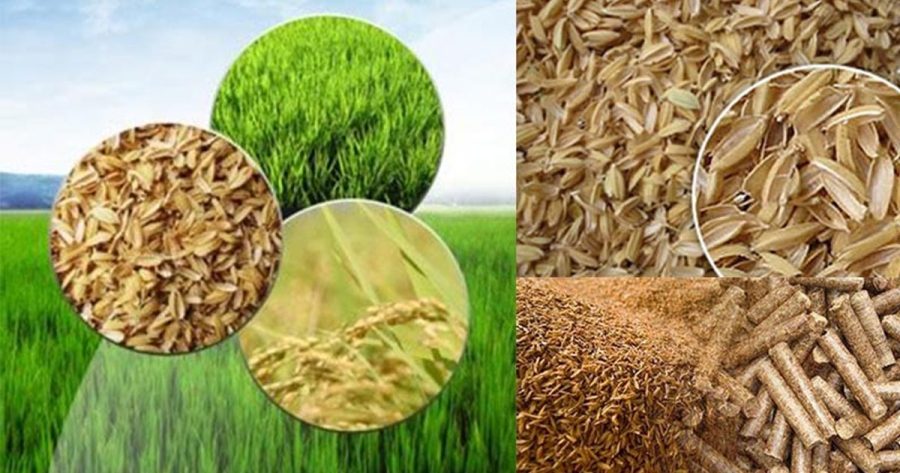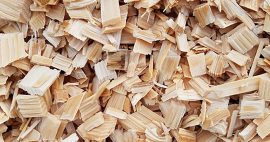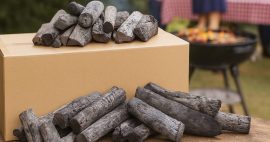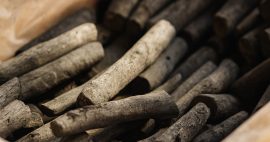As global industries transition from fossil fuels to renewable energy, two popular forms of biomass fuel have emerged as frontrunners: rice husk pellets and wood pellets. Both are sustainable, carbon-neutral, and widely used in industrial boilers, power plants, and home heating systems.
1. Raw Material & Availability
-
Rice Husk Pellets
➤ Made from the outer shell of rice grains – an agricultural byproduct.
➤ Abundant in rice-growing countries like Vietnam, India, Thailand.
➤ Low-cost due to being a waste material. -
Wood Pellets
➤ Made from sawdust, wood chips, or forest residues.
➤ More expensive to source and process.
➤ May involve deforestation if not sustainably sourced.
Winner: Rice Husk Pellets – Cheaper and more sustainable in rice-producing regions.
2. Calorific Value (Heating Efficiency)
-
Rice Husk Pellets: ~3,200 – 4,200 kcal/kg
-
Wood Pellets: ~4,200 – 4,800 kcal/kg
Winner: Wood Pellets – Higher energy content per kg, meaning better heat output in some cases.
3. Ash Content
-
Rice Husk Pellets: 15–20% ash
-
Wood Pellets: <1–3% ash
Winner: Wood Pellets – Lower ash means cleaner combustion and less maintenance for boilers.
4. Environmental Impact
-
Both are carbon-neutral and made from renewable sources.
-
Rice Husk Pellets utilize waste that would otherwise be burned or dumped.
-
Wood Pellets may lead to deforestation if not certified (e.g., FSC-certified wood).
Winner: Rice Husk Pellets – Better use of agricultural waste, especially in circular economies.
5. Price & Market Stability
-
Rice Husk Pellets: Lower cost, especially in Asia.
-
Wood Pellets: Higher price but more stable supply chain in Western markets.
Tie – Depends on regional availability and transport logistics.
Which One Should You Choose?
| Factor | Rice Husk Pellets | Wood Pellets |
|---|---|---|
| Cost | ⭐ Lower | Higher |
| Heating Efficiency | Medium | ⭐ Higher |
| Ash Content | Higher | ⭐ Lower |
| Sustainability | ⭐ Excellent (agri-waste) | Good (if certified) |
| Storage & Handling | Moderate (more ash) | ⭐ Cleaner |
Final Verdict
-
Choose Rice Husk Pellets if you prioritize cost savings, waste reuse, and regional availability.
-
Choose Wood Pellets if you need higher heating value and low-maintenance combustion.





